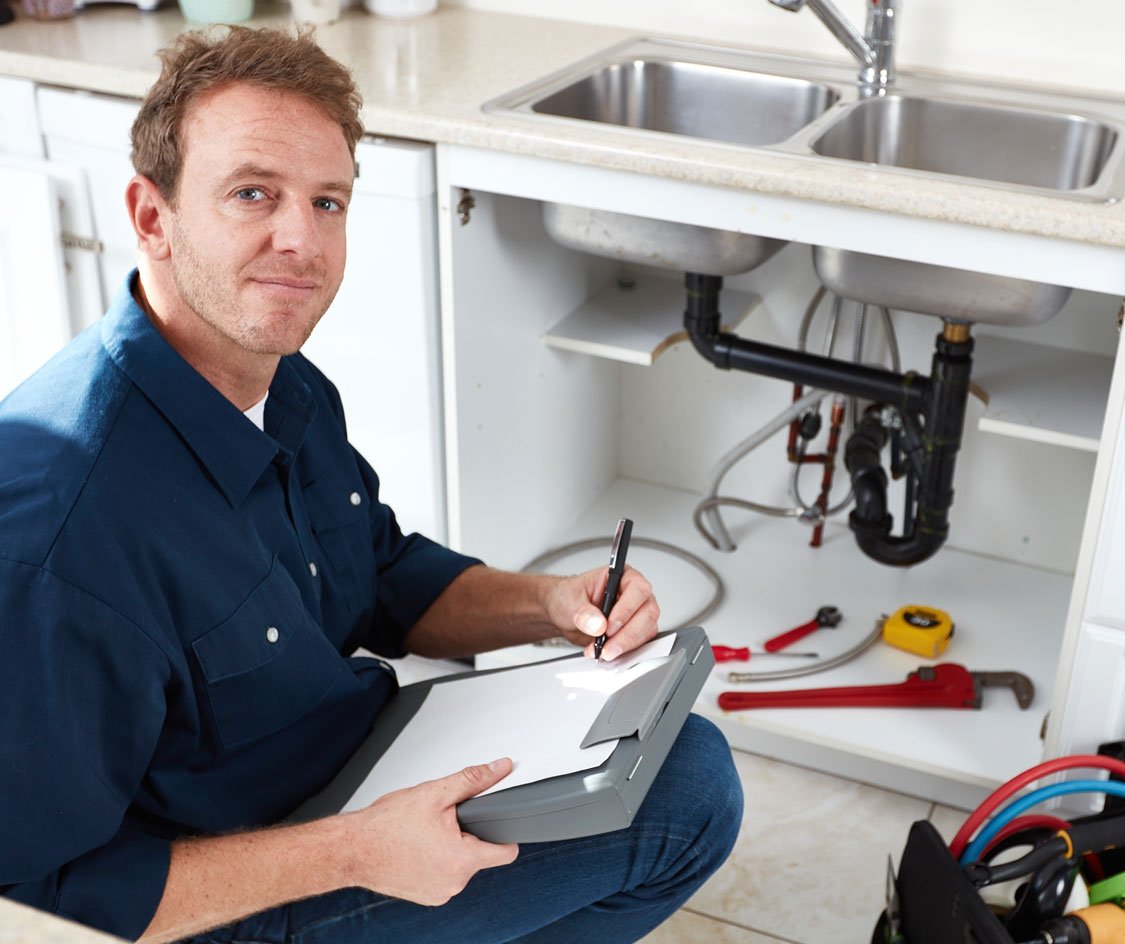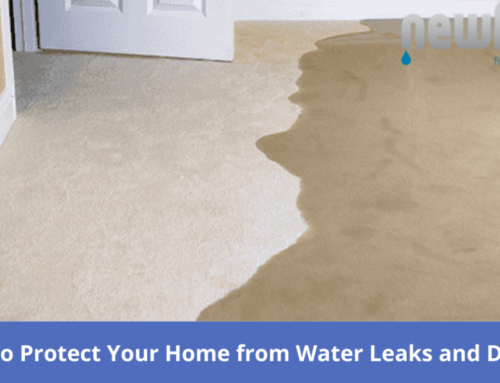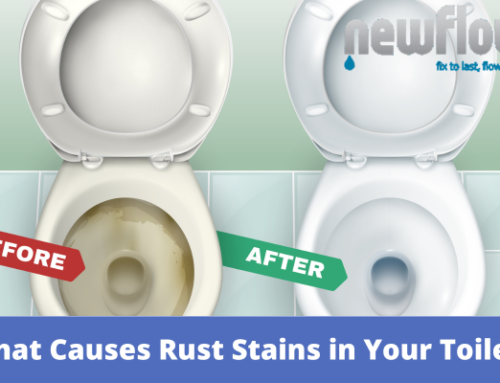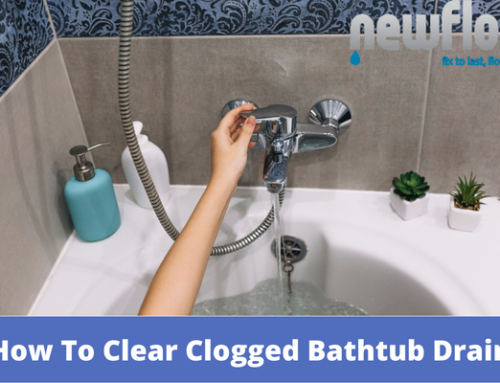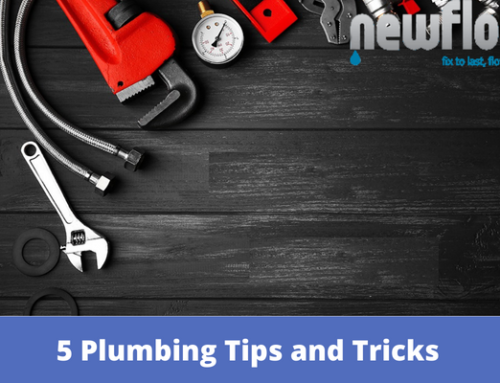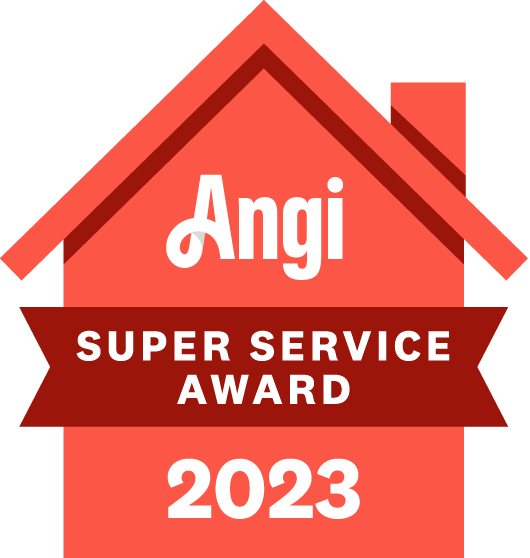Experiencing low water pressure in your home can be more than an inconvenience. It can signal underlying plumbing issues that, if left unchecked, could lead to more severe problems. But why is my water pressure low? In this blog, we’ll explore the common reasons behind low water pressure throughout your home and provide insights into how to address them.
Recognizing the Signs of Low Water Pressure
Before diving into the causes, it’s crucial to identify the signs of low water pressure. These can include water trickling out of taps instead of flowing, longer times to fill up sinks or bathtubs, and weak shower performance. Appliances like washing machines and dishwashers could take longer to complete their cycles.
Common Causes of Low Water Pressure
So, what causes low water pressure? Here are some common reasons for low water pressure:
Aged Plumbing
In older homes, pipes might suffer from corrosion or clogs due to years of mineral buildup, reducing water flow.
Pipe Leaks
A minor leak has the potential to affect the water pressure greatly. These leaks divert water from its intended path, causing pressure to drop.
Clogged Fixtures
Over time, fixtures like showerheads and faucets can accumulate mineral deposits that restrict water flow, leading to a noticeable drop in pressure.
High Demand for Water System
Using multiple water sources simultaneously (like showers, washing machines, and dishwashers) can stretch your system thin, causing a temporary pressure drop.
Issues with the Municipal Water Supply
Sometimes, the problem is beyond your property. Issues like broken main pipes can affect the water pressure in your entire neighborhood.
Faulty Pressure Regulator
These devices control the pressure of water entering your home. If they malfunction, they can cause a significant pressure drop.
Diagnosing the Problem
To pinpoint the cause, determine if your water pressure low in house entirely or just in certain areas. This distinction can guide you toward whether the issue is with your internal plumbing or a larger external problem.
Professional Solutions and DIY Fixes
While some issues, such as cleaning clogged fixtures, can be managed through DIY methods, others, like dealing with aged plumbing or leaks, may require professional assistance. If the problem seems beyond your expertise, feel free to contact a plumber.
Prevention Tips
Regular maintenance, like inspecting pipes for leaks and cleaning fixtures, can go a long way in preventing low water pressure in house. Also, be mindful of the signs that suggest your system is under strain.
Conclusion
By understanding what causes low water pressure in the whole house, you can take proactive measures to address the issue and ensure the efficiency of your plumbing system. If you’re facing persistent problems with water pressure, it’s time to call in the experts. Reach out to New Flow Plumbing for a comprehensive evaluation and resolution of your water pressure problems. Our trained staff can locate the problem’s origin and provide a permanent solution, restoring your home’s plumbing system to peak performance. Don’t let low water pressure disrupt your daily life; contact New Flow Plumbing today and experience the difference that professional expertise can make.


